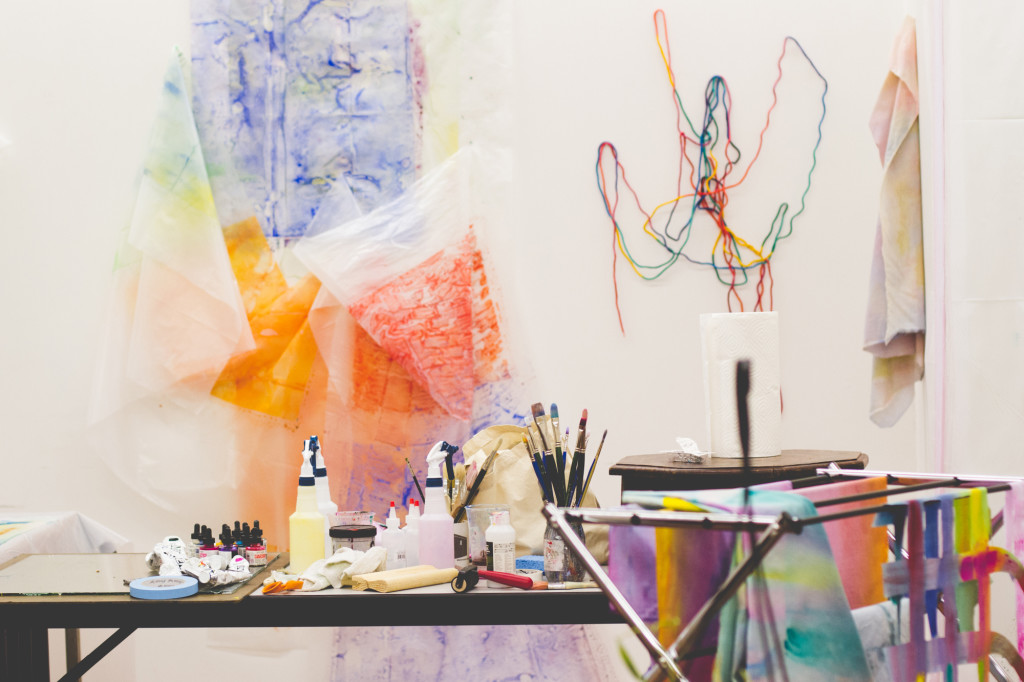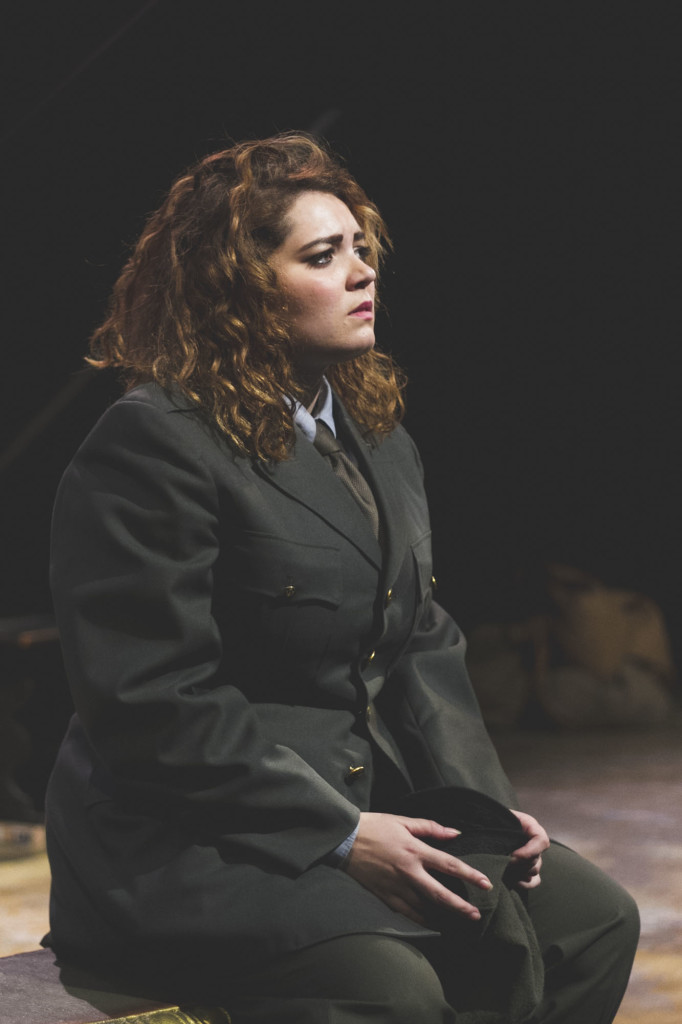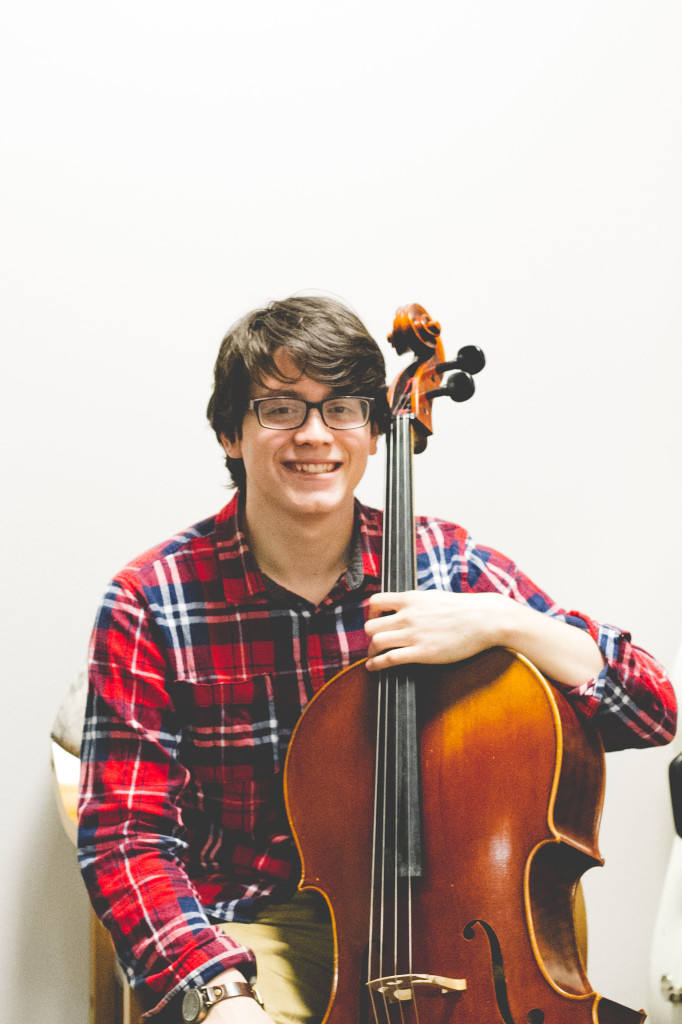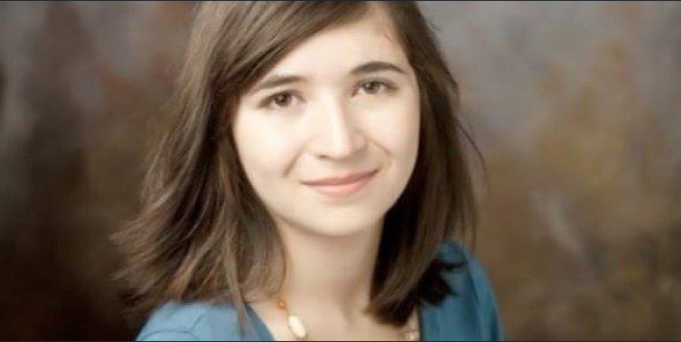This month, six of Seattle University’s top artists are graduating—but before they enter the professional art world, you still have one more chance to see their work on campus. Next Friday is the annual Fine Arts Departmental Honors Showcase, featuring works by exemplary seniors majoring in the arts. This year’s event features six seniors from varying artistic disciplines presenting their individual Fine Arts Departmental Honors Theses.
“The best part about it is seeing the students take charge of their own education and culminating their interests and desires after graduation to create this farewell piece, which says ‘this is who I am as an artist and this is the mark I want to leave at Seattle University,’” said Fine Arts Administrative Assistant Miles Schlagel.
The Honors Showcase is on Friday, June 12. The event begins with a visual arts opening by David Strand and Aaron Klouzal in the Kinsey Gallery at 6 p.m. followed by music performances by pianist Maggie Molloy, cellist Aaron Hauser, vocalist Ivvie Shellhorn and actress Meme Garcia in the Lee Center for the Arts. The showcase is open through June 19.
Strand and Klouzal are also revealing their collaborative piece on June 6 at the Factory on Capitol Hill at 4 p.m.
The Spectator sat down with the departmental honors students to find out about their individual projects.
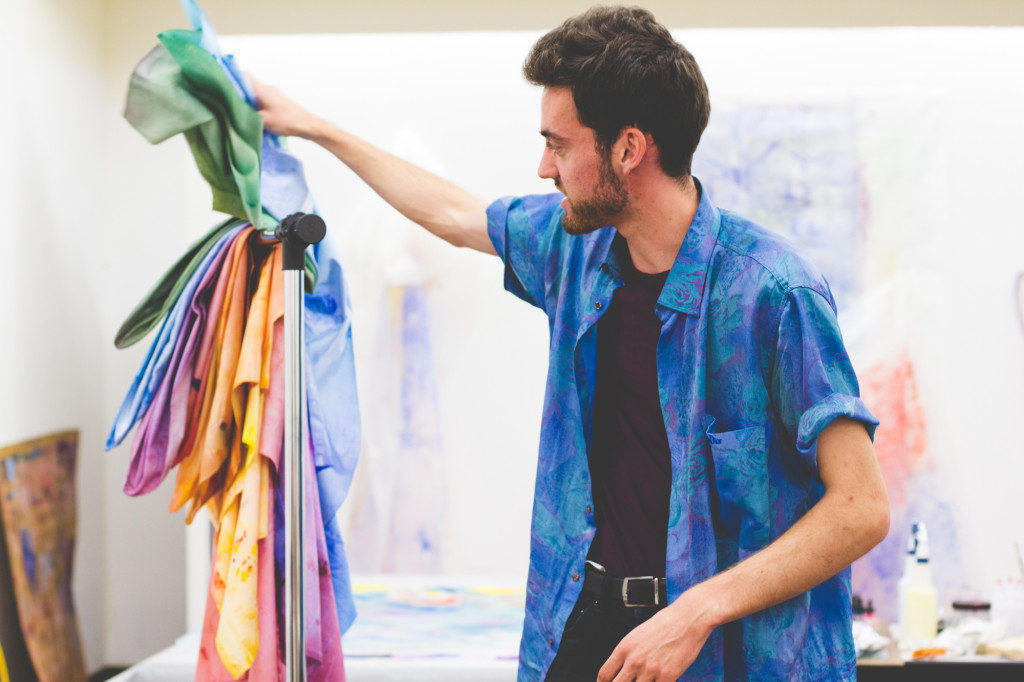
David Strand (pictured) and Aaron Klouzal’s exhibition “Queer Feelings” will be on display June 6th at The Factory.
DAVID STRAND
Visual Arts and English Creative Writing
Fine Arts Departmental Honors Project:
“Queer Feelings” in collaboration with Aaron Klouzal, “Prismatic Ecology” individually
“With a sense of spontaneity and variability, I make paintings and collages that seek to evoke the idiosyncrasies of desire through the language of color. Saturated, soaked and stained, these works carry traces from the fundamental gap within the self that cannot be seen but only felt. My works are this huge expanse, so I’ve started doing painting on muslin. I soak them, I saturate them with a lot of paint and water and I kind of drape them. The whole idea is that there’s never one way that they can be shown; they can change all the time. It’s more about these gestures that are spontaneous, kind of accidental, like they’re thought out but not trying to be as singular.”
What makes this project unique: “My hand is very present in it, and a lot of these are motivated from a very personal, idiosyncratic experience. I’m kind of thinking about these works as building a lexicon or language. I don’t know if people are going to necessarily understand that language. With the idea of this variability, nothing stays the same. All of these works are interactions, and they’re unique interactions.
MEME GARCIA
Theatre and Women and Gender Studies
Fine Arts Departmental Honors Project:
“House of Dreams”
“My solo show is about a girl who struggles to move on from her past. She builds a house to store all her dreams and memories but some of them are too scary and dark. To access them she turns to six major characters from William Shakespeare’s Canon. She ultimately finds freedom and redemption from her dreams.”
What makes this project unique: “It’s an original solo piece, so I wrote it. And I am collaborating with awesome designers [like] Becca Richards (scenic), Meghan Roche (sound) and Lily McLeod (lights) to construct a very abstract world. The piece talks about suicide, depression, and domestic violence—tough topics—using Shakespeare’s texts as a vehicle of exploration. I play about 10 characters in 25 minutes.”
MAGGIE MOLLOY
Interdisciplinary Arts with Music Emphasis
Fine Arts Departmental Honors Project:
“From Painting to Piano: Themes, Dreams, and Color Schemes in Impressionist Art and Music”
“I’m doing a lecture-recital and research paper on the primary themes in Impressionist art and music, and then through an examination of solo piano works (which I’m performing in my recital), I’m posing an argument as to why music ultimately was the medium which best captured the ideals of Impressionism. The major themes in Impressionism are the human experience, movement, change and dreams, and my argument is that these themes are best represented through music because musical masterpieces are living and breathing works, which change with each performance. Plus, unlike a lot of the visual arts, music actually invites the audience and the performer both to become part of the artwork itself, which ties in with the Impressionist theme of the subjective experience of reality.”
What makes this project unique: “Doing a lecture-recital is unique because it really combines everything that I’ve learned throughout college in terms of performance, research, writing and also analyzing music through music theory and ear training. Also, I have a diverse audience so I’ve been trying to find a way to make the performance and the presentation engaging both for a general audience who maybe doesn’t know how to read music, as well as for my peers who have been studying music with me for the past few years.”
AARON KLOUZAL
Visual Arts and Sociology
Fine Arts Departmental Honors Project:
“Queer Feelings” in collaboration with David Strand
“I’ve been kind of working on the same line of exploration since high school. It’s always been about exploring the vividness of unexpected certain human experiences, like isolating or depressing [experiences], but in a way that is amplified in a lot of different ways, like in color.”
What makes this project unique: “It’s hard to be unique in any aspect of art, especially when I’m painting because there’s such a long history of people doing exactly what I’m doing. It’s hard to say that it’s unique without feeling like I’m being kind of arrogant. But the personal narratives that I’ve placed into my work make it unique for me and for audiences that are not plugged into my stuff. I want [the audience] to experience [my work] as whatever they interpret it as.”
AARON HAUSER
String Performance
Fine Arts Departmental Honors Project:
“The State of My Art”
Synopsis: “Currently, 97 percent of the U.S. population does not care about classical music. And of the 3 percent that do care, only 1 percent attends classical music concerts. My project discusses how we’ve gotten to this point accompanied by a small social experiment/performance on how we can address this problem.”
What makes this project unique: “My project is unique because it is not geared to people in the “Art Club.” It is geared to the 97 percent who could care less about my project. I hope the audience (the majority will ultimately be members of the “Art Club”) will understand that classical music is becoming more and more irrelevant as each passing day goes on and that we must quickly spend our efforts not in the music, but in our ever fading audience.”
IVVIE SHELLHORN
Voice and Piano
Fine Arts Departmental Honors Project:
“The Reconciliation of Enlightenment and Catholic Ideals in Mozart’s Liturgical Music”
“My thesis examines how Mozart exercised creative power through the patron-client system. Though he was dependent on the Catholic Church for his livelihood, he was also a deeply committed Freemason. In order to integrate his personal vision into commissioned work, he invented a new Masonic musical symbolism evident in some of his greatest operas and masses.”
What makes this project unique: “Mozart lived on the cusp of the Enlightenment, and his work reflects that. My project contextualizes Mozart’s music as a quilt of many contrasting values systems. By understanding the circumstances under which he composed, we can shake the notion of Mozart as a “mad genius” and instead appreciate him as the strategic-minded person he was.”
Vikki may be reached at vavancena@su-spectator.com


